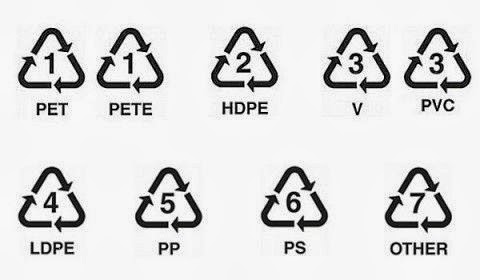Ir al contenido principal
Assorted articles: Finance and Technology (FinTech)

- How cognitive technologies are transforming capital markets: The question for most banks is not whether to deploy artificial intelligence–based technology but how to do so effectively (McKinsey).
- Machine Learning, Artificial Intelligence, and Robo-Advisers: The Future of Finance? The topic of machine learning–enabled artificial intelligence (AI) is gaining increasing visibility in the world of investment management. Of particular interest is the application of AI to the development of smarter robo-advisers that some hope, while others fear, will yield “intelligent” and cost-effective investment management advice. This topic was raised by investment professionals during recent CFA Institute traveling conference that went to Central and Eastern Europe and the Middle East. AI has also been the subject of a recent European Commission (EC) consultation document, to which CFA Institute submitted a response (Market Integrity Insights by CFA Institute).
- Financial ecosystems: The next horizon for US banks. Banking ecosystems may represent the next frontier of banking innovation and a long-sought growth engine for banking profit pools (McKinsey).
- What is Bitcoin? An update and complete description (WEF).
- Hit or myth? Understanding the true costs and impact of cybersecurity programs. Cybersecurity is a critical but often misunderstood aspect of companies’ technology infrastructures. Here’s how business and technology leaders can ensure that important corporate assets remain safe (McKinsey).
- Adoption of a New Payment Method: Theory and Experimental Evidence. We model the introduction of a new payment method, e.g., e-money, that competes with an existing payment method, e.g., cash. The new payment method involves relatively lower per-transaction costs for both buyers and sellers, but sellers must pay a fixed fee to accept the new payment method. As a result of the network effects, our model admits two symmetric pure strategy Nash equilibria. In one equilibrium, the new payment method is not adopted and all transactions continue to be carried out using the existing payment method. In the other equilibrium, the new payment method is adopted and completely replaces the existing payment method. The equilibrium involving only the new payment method is socially optimal as it minimizes total transaction costs. Using this model, we study the question of equilibrium selection by conducting a laboratory experiment. We find that, depending on the fixed fee charged for the adoption of the new payment method and on the choices made by participants on both sides of the market, either equilibrium can be selected. More precisely, a lower fixed fee for sellers favors very quick adoption of the new payment method by all participants, while for a sufficiently high fee, sellers gradually learn to refuse to accept the new payment method and transactions are largely conducted using the existing payment method. We also find that an evolutionary learning model captures the dynamics of the experimental data well (Bank of Canada).
- The 2017 Top Programming Languages (IEEE Spectrum):





Comentarios